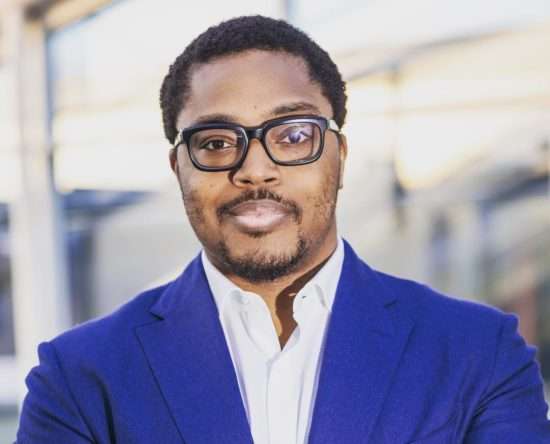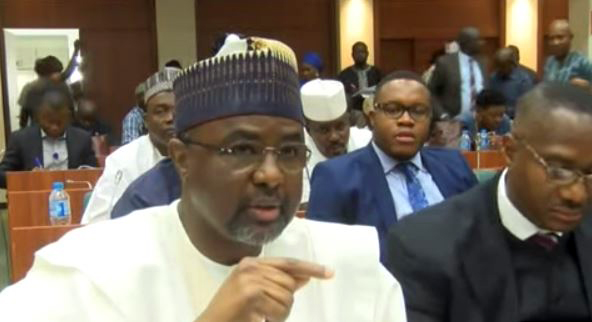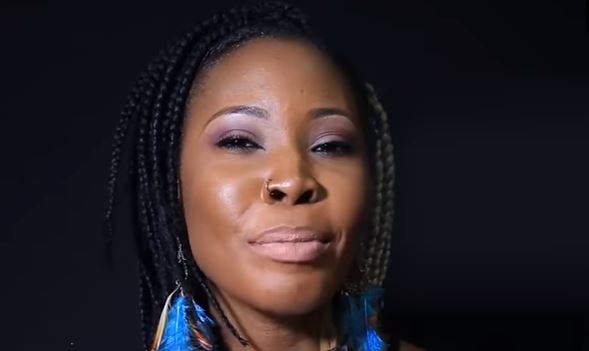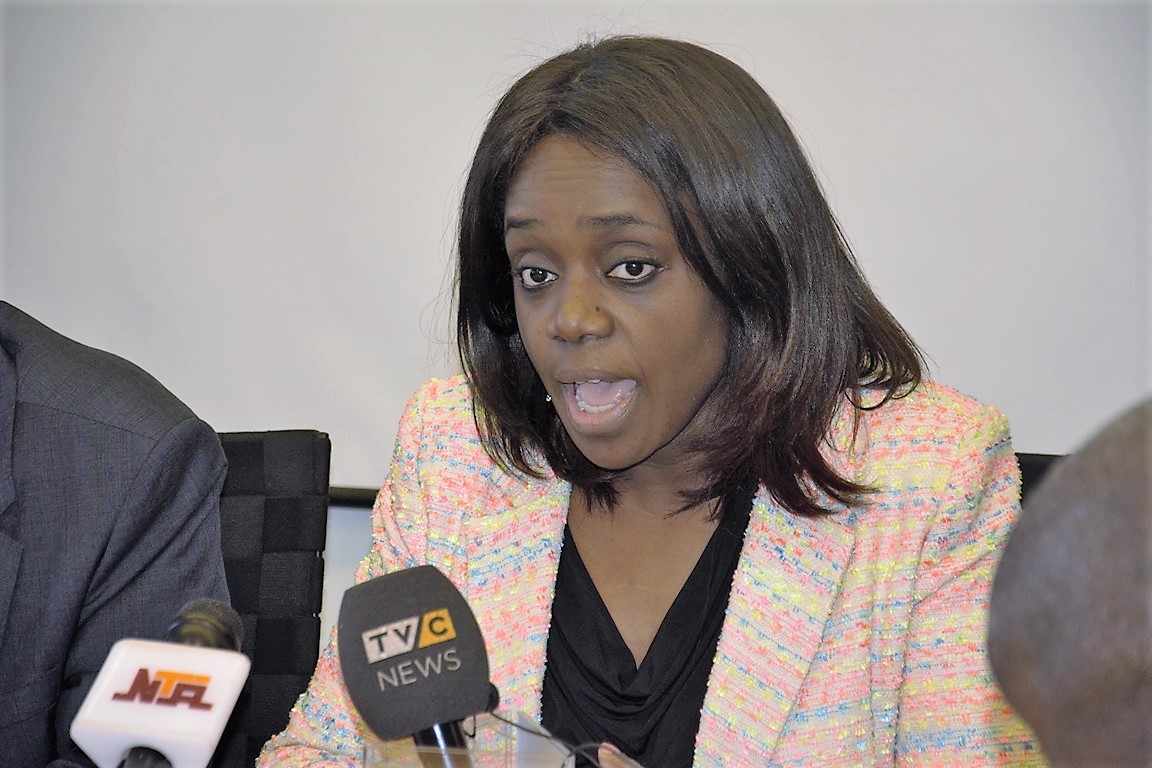Chevron finally opened the data room for the bid and provided all information needed for all companies to put in a bid. I put my team, my directors, and Vance Querio on the task of reviewing all the documents with a request that we have a bid review meeting in a few weeks. Tarica Mpinga of Canaccord Genuity served as the lead of the management team. Tarica called me that the team was ready to present their findings and proposal on the way forward. I went over to Canaccord’s offices and for once saw my team assembled in front of me. Here I was, in my late twenties, in a massive boardroom, with a management team of fifteen people presenting to me. I felt like I had arrived.
While acquiring Chevron Netherlands was mostly for an Africa oil & gas play, Catalan had to deal with the reality of the company’s books, resources, and liabilities. Chevron Netherlands by production was attractive, producing 9000 boepd broken down into 8000 barrels of gas per day and 1000 barrels of crude. The off-shore production facilities were top class, the gas reserves were attractive with ample room for development to increase production numbers, the management team of Chevron Netherlands were the best the industry could employ, and the crude and gas evacuation infrastructure and sales contracts were solid. The Catalan management team presented me the bad news. The oil reserves were seen as weak and having very little production life even if new wells were drilled. The biggest problem however was the abandonment liability which had been projected at first glance to be in the USD 300 million region. This became the thorn in the flesh of entire bid process. Essentially the Dutch government required all operators to restore their areas of operation back to how nature intended – which meant all infrastructure had to be removed at the end of production. The cost of this is what is termed “abandonment liability” or “abandex”. Catalan’s management team felt that because the abandex was so high, it negated an aggressive bid price and moreover Catalan would struggle to raise cash to pay for Chevron Netherlands.
Unperturbed, I corralled my management team on a road show. We would meet with as many Banks, investors, and oil trading companies as possible to pitch Catalan’s bid and Africa strategy for Chevron Netherlands. The team and I spent countless hours in meeting after meeting but to no avail. The abandex amount and weak oil reserves of Chevron Netherlands were too significant that it blinded people from the Africa strategy entirely. Alas it was clear that this would have to be a cash deal with no bank debt or oil trading dollars. Despondent, I called my mentor for a way forward. We spoke extensively and as I expected, he was the only one that saw how important Chevron Netherlands would be as a technical partner-operator in Africa. We agreed that between myself as a small cash contributor, himself, and a few other investors we could raise cash of USD 50 million as a maximum bid price. That night I went back to that bar not far from my house and ordered an even stronger drink. This bid could not slip away from me.
Chevron sent an email to Catalan advising when they expected bids to be received. The Catalan team once again huddled in Canaccord’s offices to work on a bid submission document, which would include Catalan’s offer and bid price. We deliberated for hours and the management team insisted that because of the high abandex amount that no cash should be offered. Essentially Catalan would agree to absorb the entire abandex amount and would pay a notional “$1” for the company. This would be a liability absorbing deal, allowing Chevron to clean out and move on. The team advised that Catalan put in this offer but as a way to play hard to get, we would commit to the gas abandex but stay quiet on the oil abandex. I was convinced at that moment that we would have the winning bid. The team prepared all the necessary paperwork, which I signed, and hand delivered to Jeffries offices to the manager of the bid process. After submitting the bid documents, I went to my church, St. Mary’s. I always like going to church when there is absolutely no one there. I prayed for God’s blessings and good graces.
Advertisement
Jeffries and Chevron confirmed they had received Catalan’s bid and would need two weeks or so to review all bids and come back with an answer. In the meantime, I gave a break to my management team and spent all my free time now on my kung fu training with my master, Shifu Heng-Wei. Kung Fu was not only for my fitness but for my well-being and spiritual balance. It was my greatest stress-relief. On a Tuesday afternoon, whilst Shifu and I were in the middle of an intense kung fu session, my phone rang. I knew it was about Chevron. One of Richard Kent’s deputies was on the line. Chevron had reviewed my bid and were “confused” on my position in respect to the oil abandex and wanted a re-submission clarifying Catalan’s position on both oil and gas abandex. I immediately re-convened my management team at the boardroom and began debating our response to Chevron. I saw this as a second chance opportunity from Chevron to submit a more aggressive bid. My management team argued that I should keep the same bid and state now clearly that Catalan wanted nothing to do with the oil abandex. I countered that we needed to be aggressive and should take the entire abandex and offer cash of USD 50 million so that we could acquire Chevron Netherlands uncontested and plough quickly to our Africa strategy.
The Catalan management team thought I was crazy. Surely, I was 29 and now undeniably stupid. How could I look at that enormity of an abandex amount and now want to offer hard-earned cash on top of that? They believed I was frequenting my local bar too often and having one too many drinks. They pleaded with me that I follow their proposal. We argued further and eventually as a compromise, we agreed that we would take all of Chevron Netherlands oil & gas abandex but would still offer a notional $1 bid price. In my heart of hearts, I felt that a cash offer was needed to win but my management team, for which I had paid a respectable amount for their services, had convinced me otherwise. They were professionals I thought and they had my best interest at heart. The team printed out the documents for which I appended my signature and re-submitted. Again, I went to my church, when there wasn’t a soul in sight and prayed to God for his guidance and blessings.
Chevron confirmed that they had received Catalan’s revised bid document and would need another 2 weeks to come back to me on whether we won the bid or not. One night as I stayed up watching CNN at home, I had another idea. If I was able to find out whom the other bidders were for Chevron Netherlands, I could coerce these bidders to drop their respective bids and join me in a new multi-bidder venture. With this, Chevron would have no choice but to sell Chevron Netherlands to Catalan and the other bidders in a new joint venture (JV) company. This was to be my insurance policy in case Catalan’s solo bid failed. As I said, I am the underdog here by a country mile; I always had to be ten steps ahead of everybody else. I arranged a conference call with my management team and charged them to find out who the other bidders were for Chevron Netherlands. I also pulled out my diary and began making phone calls. At this point I didn’t care what the rules were, this was business – either hunt or be hunted and I believed Catalan led by me, was an apex predator, even if Chevron was one trillion times bigger than Catalan. Fortune favours the bold and I fancied this as David versus Goliath.
Advertisement
One by one, Catalan began finding out who the other bidders were. Mercuria, an oil trading company I had done business were in the running but then pulled out. Dana Petroleum looked at the assets but were also out of the running. Tullow Oil was also out of the bid out of the fear of the abandex costs. I scheduled another call with my team and asked everyone to re-double their efforts to find active bidders. The clock was ticking and I was keen to find the other bidders before Chevron replied to my bid. I was too late however, on a Friday afternoon in early summer of 2014, whilst I was out drinking rose wine with friends at the Arts Club in London, I got an email from Chevron. They had rejected Catalan’s bid and had deemed our bid unsuccessful. I felt like sinking into the ground. I hastily said goodbye to my worried friends and ran home. I couldn’t believe it. How could Chevron say no to me? This bid was destined for me to win. I was meant to be the Alexander the Great of Africa oil & gas and barely into my thirties.





